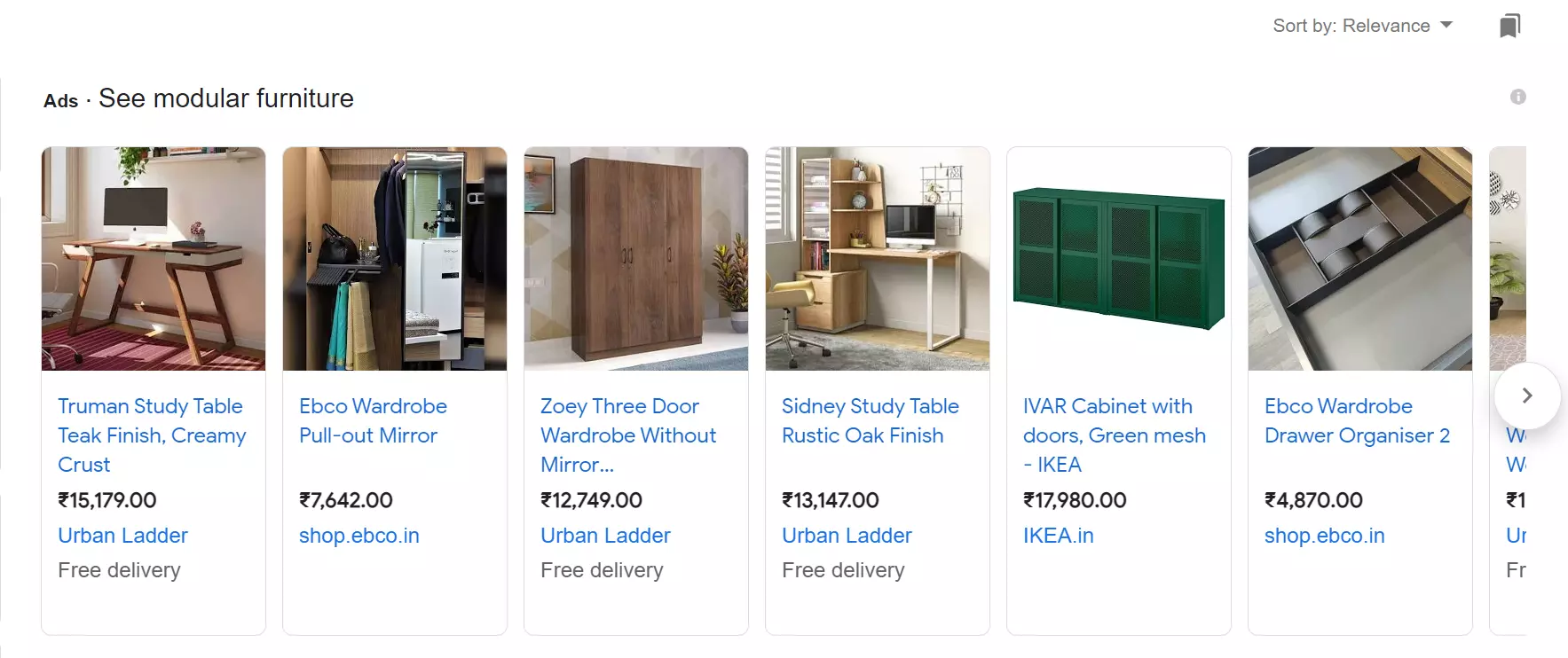More about it:
Pay-per-click(PPC) ads on social media can be targeted to specific audiences based on demographic, geographic, and behavioral factors and are often more cost-effective than traditional forms of advertising.
Advertisers can control the cost by setting a maximum bid amount and tracking their ads’ performance through detailed reporting provided by the social media platform.
PPC advertising on social media can be an effective way for businesses to reach a targeted audience and drive conversions, but it requires careful planning and monitoring to be successful.
Pay-per-click(PPC) can also increase brand awareness and can be used to test different ad campaigns, messaging, and targeting options. Overall, It is a valuable tool for businesses looking to increase their online presence and reach their desired audience on social media platforms.
Advertisers create an ad campaign, select keywords and target audience, and set a budget for the campaign. When someone searches for those keywords or visits a website with PPC ads, the ads will appear, and when the user clicks on the ad, the advertiser is charged for that click.
See the example below when you search for modular furniture; you will see the sponsored ads relevant to your search! These ads are pay-per-click(PPC) ads.


